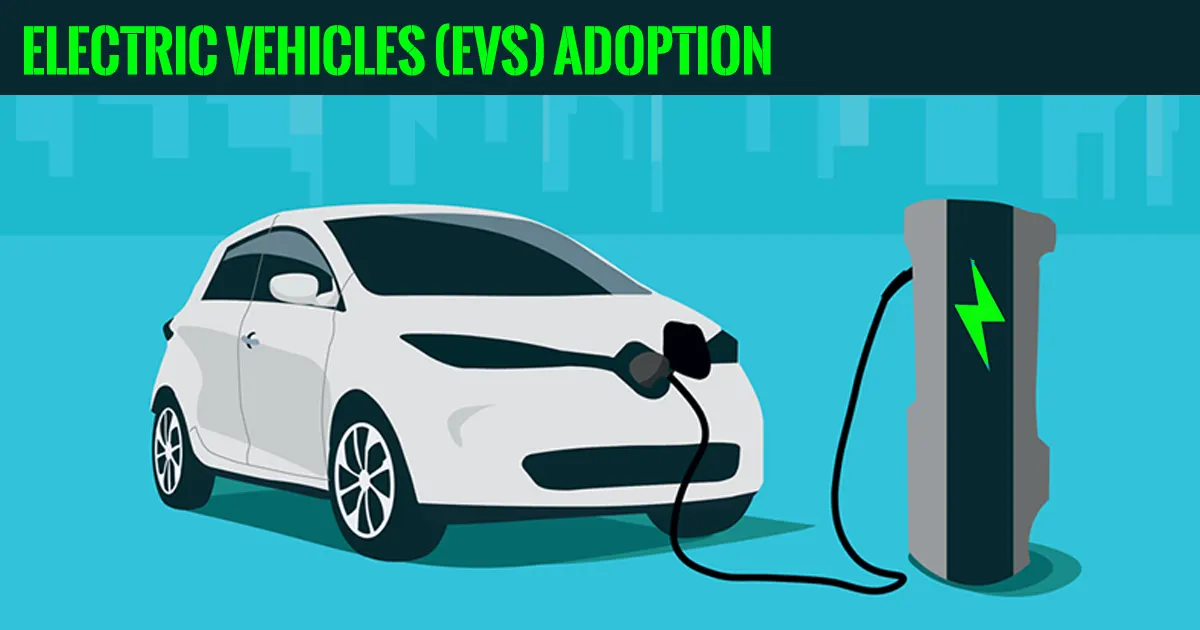GS 3 S&T

Steps Taken by the Government to Promote Electric Vehicles (EVs) Adoption
The Government of India has implemented several schemes and initiatives to address challenges related to the adoption of Electric Vehicles (EVs), including high upfront costs, range anxiety, and the lack of adequate charging infrastructure.
Key Schemes and Initiatives:
- FAME India Scheme Phase-II:
- Objective: Incentivize electric vehicles and public charging stations.
- Budget: ₹11,500 crore (implemented from April 1, 2019, for five years).
- Coverage: Includes electric two-wheelers (e-2Ws), three-wheelers (e-3Ws), four-wheelers (e-4Ws), e-buses, and EV charging stations.
- Production Linked Incentive (PLI) Scheme for Automobile and Auto Component Industry (PLI-Auto):
- Objective: Boost domestic manufacturing of advanced automotive technology (AAT) products.
- Budget: ₹25,938 crore (notified on September 23, 2021).
- Key Feature: Minimum 50% Domestic Value Addition (DVA) required.
- PLI Scheme for Advanced Chemistry Cell (ACC) Battery Storage:
- Objective: Promote domestic manufacturing of ACC batteries.
- Budget: ₹18,100 crore (approved on May 12, 2021).
- Goal: Establish a competitive ecosystem for manufacturing 50 GWh of ACC batteries.
- PM Electric Drive Revolution in Innovative Vehicle Enhancement (PM E-DRIVE):
- Objective: Support electric vehicles (e-2W, e-3W, e-Trucks, e-buses, e-Ambulances), EV charging stations, and vehicle testing agencies.
- Budget: ₹10,900 crore (notified on September 29, 2024, for two years).
- Includes: Subsumes the Electric Mobility Promotion Scheme (EMPS) 2024 (April 1 to September 30, 2024).
- PM e-Bus Sewa-Payment Security Mechanism (PSM):
- Objective: Deploy more than 38,000 electric buses by providing payment security to operators.
- Budget: ₹3,435.33 crore (notified on October 28, 2024).
- Scheme for Promotion of Manufacturing of Electric Passenger Cars in India (SPMEPCI):
- Objective: Promote the manufacturing of electric cars in India.
- Investment Requirement: ₹4,150 crore minimum investment.
- Target: Achieve a minimum DVA of 50% by the end of the fifth year.
Other Initiatives:
- Ministry of Power:
- Issued Guidelines for Installation and Operation of EV Charging Infrastructure-2024 on September 17, 2024.
- Focus on creating an interoperable EV charging network.
- Ministry of Finance:
- Reduced GST on EVs from 12% to 5% to make them more affordable.
- Ministry of Road Transport & Highways (MoRTH):
- Battery-operated vehicles to receive green licence plates and exemption from permit requirements.
- States advised to waive road tax on EVs, reducing their initial cost.
- Ministry of Housing and Urban Affairs:
- Amended Model Building Bye-Laws to include charging stations in private and commercial buildings.
Conclusion:
The Indian Government is focusing on reducing the upfront costs of EVs, addressing range anxiety, and enhancing charging infrastructure to foster the widespread adoption of electric vehicles across the country.




